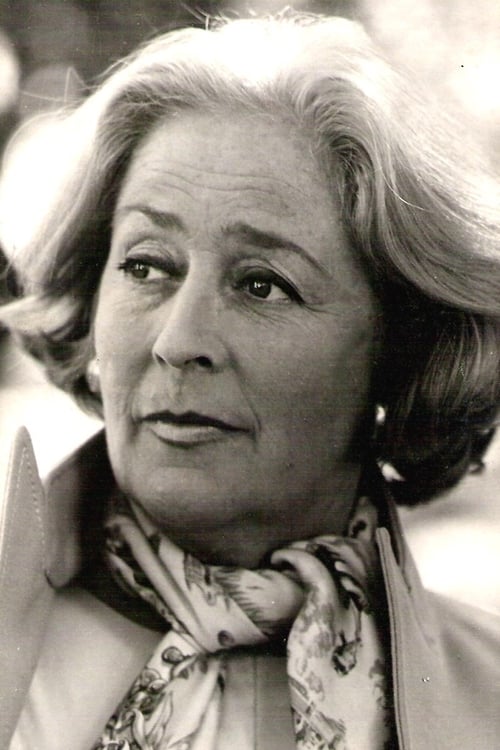Conversations with Mother (2004)
Genre : Comedy, Drama
Runtime : 1H 30M
Director : Santiago Carlos Oves
Synopsis
Jaime has lost his job and has to provide for his wife, son and daughter. Pressured by this circumstances, he visits his mom, who lives in an apartment he owns, to ask her to move with him so he can sell the apartment. But she is not going to cooperate. And, to Jaime's surprise, she also has a boyfriend!

Javier Argüelles, an opportunistic young man from Cuban middle class, survives all kind of political changes in Havana, from 1932 to 1959, while his brother Darío is persecuted and killed because of his leftist ideas.
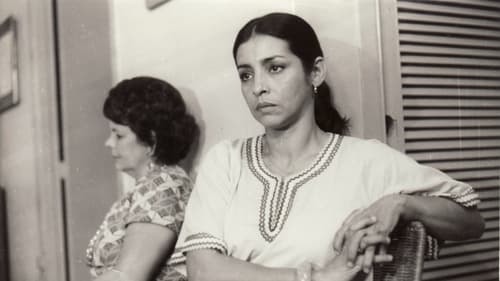
Teresa is overwhelmed: with a husband, three young sons, a job as a crew leader in a textile factory, and volunteer commitments as cultural leader of her union. Her husband, Ramón, wants more of her attention; her feelings are mixed, wanting domestic peace, feeling responsibilities to the revolution, and wanting to control her own life beyond doing dirty dishes. They separate; he begins an affair. When he wants a reconciliation, she asks what his response would be if she'd had an affair too. "But men are different," is his reply. He's failed her test, and to hold on to independence and self-respect, she remains uncompromising and hard-edged.

Based on the novel Francisco by Anselmo Suárez y Romero, "The Other Francisco" is a socio-economic analysis of slavery and class struggle through the retelling of the original novel. The film contrasts the romantic conceptions of plantation life found in Suárez Romero's novel with a realistic expose of the actual historical conditions of slavery throughout the Americas. It offers a critical analysis of the novel, showing how the author's social background led to his use of particular dramatic structures to convey his liberal, humanitarian viewpoint.

A poor, but very lucky man in the cock fighting, is hired by a rich man, but both are in love with the same woman

A beautiful, intelligent and flirtatious young girl, Yonta, is secretly in love with a friend of her parents, Vicente, a hero of the war of independence. Vicente is unaware of her passion as she is of the love of a young man who sends her anonymous love letters.

One more Saturday in a desolate Buenos Aires hard to recognize. Six young people that try to avoid their solitude by complicating their daily routes, unsuccessfully looking for a glance that changes something or a new sensation that reveals them some sense. A couple used to their common tediousness, a girl who has already decided she wants to be alone, his boyfriend who does not know how to deal with that, a famous actor who does not seem to feel comfortable anywhere and a girl who pretends to get fun without realizing she's always bored.
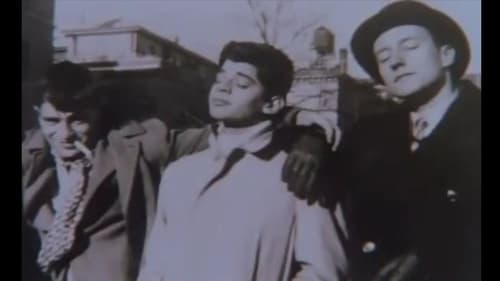
Traces the Beats from Allen Ginsberg and Jack Kerouac's meeting in 1944 at Columbia University to the deaths of Ginsberg and William S. Burroughs in 1997. Three actors provide dramatic interpretations of the work of these three writers, and the film chronicles their friendships, their arrival into American consciousness, their travels, frequent parodies, Kerouac's death, and Ginsberg's politicization. Their movement connects with bebop, John Cage's music, abstract expressionism, and living theater. In recent interviews, Ginsberg, Burroughs, Kesey, Ferlinghetti, Mailer, Jerry Garcia, Tom Hayden, Gary Snyder, Ed Sanders, and others measure the Beats' meaning and impact.

A woman, after committing a murder, flees into a church, confessing her life story to a priest.

The Castro revolution was just consolidating its power when, in 1961, over 100,000 students were sent from their schools into the countryside to teach the peasants there how to read. Coinciding with the Bay of Pigs invasion, in this docudrama, 15-year-old Mario (Salvador Wood) has come to a tiny village in the Zapata swamps and gradually wins the villagers over to his task. At the same time, he receives an education in the realities of rural life from the hard-working peasants.

Mariquilla is a beautiful gypsy who is in love with Lucas, a soldier of the garrison in the Alhambra, but her father wants to marry her with Don Cosme, a rich old clerk for the service of the mayor. Soon, the girl asks for help to the governor of Granada, a gentleman who has always had a great adoration for the girl.

One year. Seven continents. More than 6,000 naked people--all willing to bare all for Spencer Tunick in the name of art. This globally scaled follow-up to the America Undercover documentary Naked States finds the celebrated and controversial artist at work on his most ambitious project: a one-year trek to all seven continents to shoot people in the nude--individually, in groups and against various man-made and natural backdrops.

In 1950s Havana, a romance blooms between two young revolutionaries whose clandestine printing press publishes pamphlets meant to stir up rebellion against the dictatorship of Fulgencio Batista. As their popularity grows, so, too, does their revolutionary zeal and their desire to mobilize other urban guerilla units.
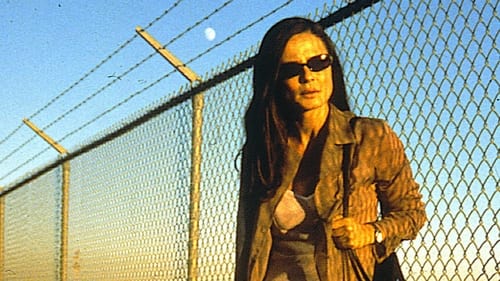
A woman steals from her drug-dealer boyfriend and runs away. She meets a sympathetic woman on the way who helps her escape.

Gina is a modern business woman in her late forties, she has a lover named Adrian, who she sees once in a while just to have sex; they are both atracted to the historic figure of Pancho Villa, while he admires his power, she admires his virility. As Gina helps Adrian (who is a journalist) to write a book about Pancho Villa, she discovers the similarity between Villa's relation to women to that of Adrian and hers. She gets sick of only having sex, and when she decides to get married with him and have a baby, he escapes to buy cigarrettes and gets lost for three months. Gina forgets about him and gets a new boyfriend (half the age she is), and when Adrian tries to get her back and she refuses him and humiliates him, the one and only Pancho Villa appears as his machista conscience ready to do anything to get Gina back.

A psychological thriller about an obsessive compulsive, deeply religious woman who flees her abusive husband and accepts a nanny position for a weatlhy family in a different town. The woman's state of mind is extremely fragile, and is made worse by her visits to a Gothic church where things are not as they seem
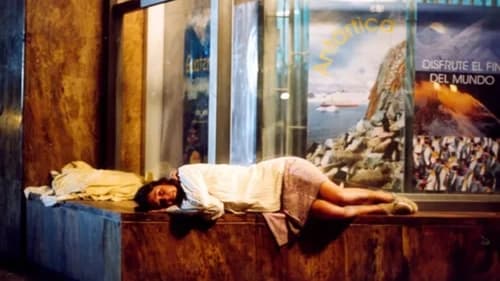
A couple of farmers have been displaced from their land, a jungle area, isolated from the world, where lived his childhood and youth, and was brutally thrown to face the streets of an unfamiliar city, huge and ruthless.

The story of Cecilia is a story of the society that dominated 19th-century Cuba, a society divided between whites, blacks, and those who were mixed, the mulattos. (Since the Spanish conquistadors killed off the Indian population in Cuba not long after they took over the island, there are no mestizos, or those of mixed-Indian blood in Cuba as in other Caribbean nations.) At any rate, the drama about the life and loves of Cecilia (Daisy Granados) takes place against the backdrop of graphically violent mistreatment of slaves and the rumors of a slave rebellion after the Cubans hear of slaves turning against their captors in Haiti.

A prestigious theater group in crisis prepares for the staging of a famous love tragedy. Mirtha, an actress marked by frustration, decides to leave the theater when a guest conductor offered a starring role. The incorporation of young actors, unscrupulous, and an inspector trigger a series of situations that will endanger the reputation and power of the actress who heads the group.

The metamorphoses of Juan Quin Quin, in turns bullfighter, guerrilla fighter and sacristan.

When three estranged sisters, Gloria, Ana and Lidia, meet up again on the death of their mother, Adela, they find themselves obeying her somewhat eccentric last wishes. Though their mother has spent the last 30 years without uttering a single word, she has left very clear written instructions of what she wants done after her death.

